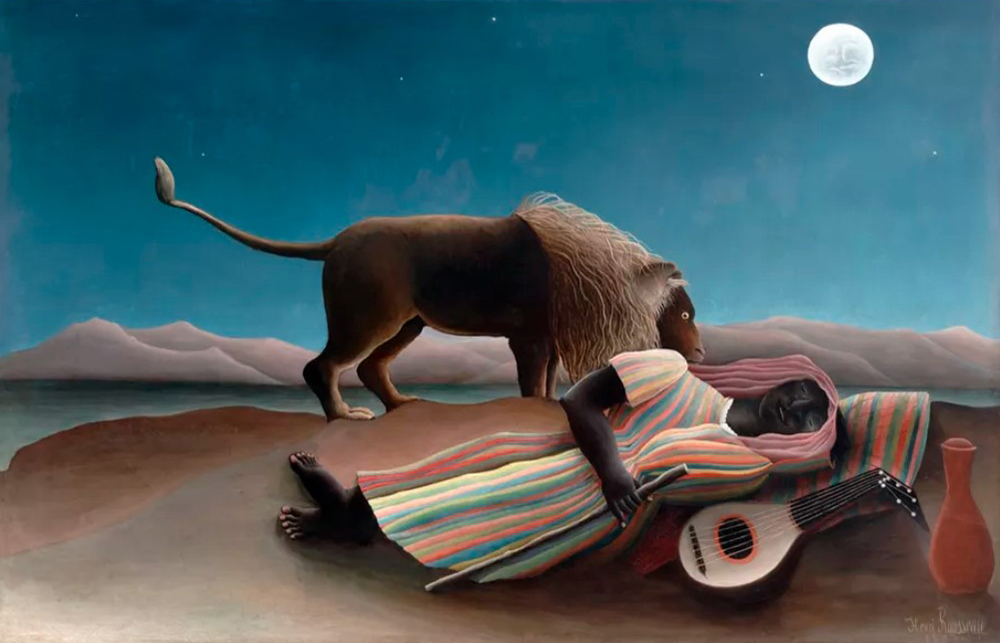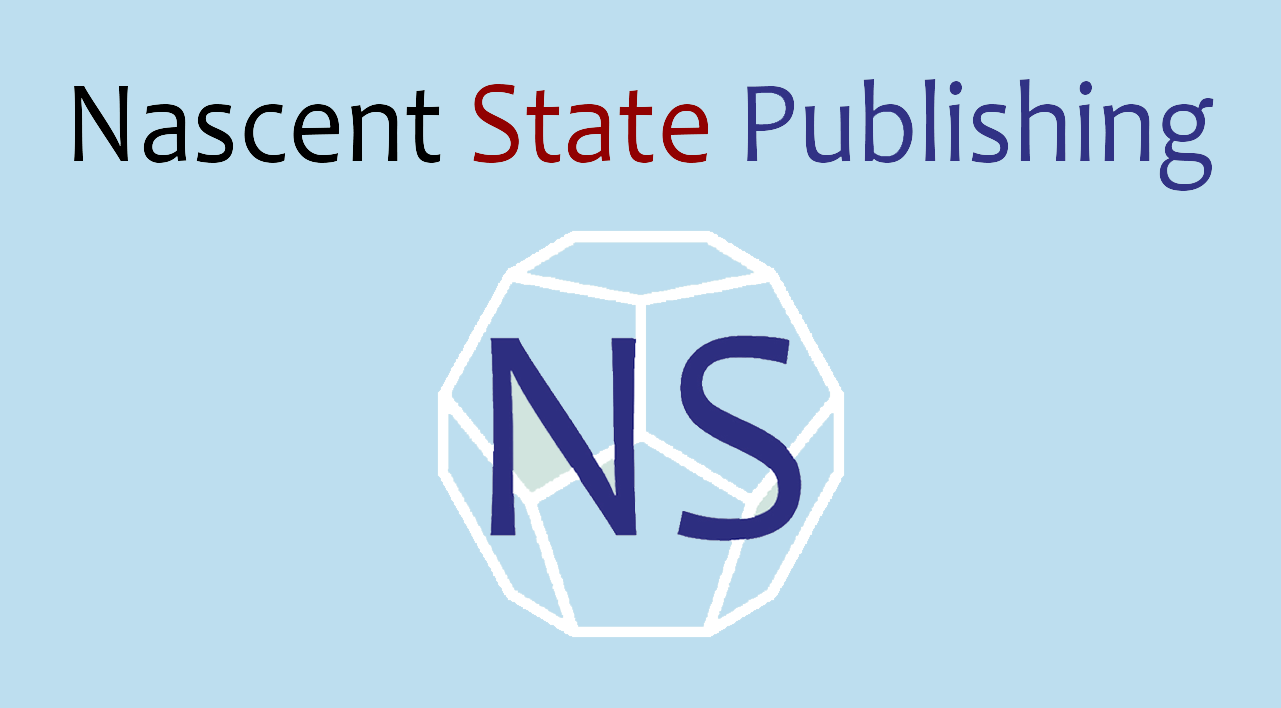
Where do new ideas come from? Logic is under our control – indeed, the purpose of logic is to govern our thought processes – but inspired ideas arrive whole, and instantly, and are more like a gift than a laboured product.
I have had three songs come to me in dreams. This is not a brag – I had no control over the process – but it means that how this can happen is a puzzle to me.
In each dream I thought the song belonged to someone else. It was only after I was unable to place the melody that I realised the song was original. Other songwriters have been inspired by dreams, including Keith Richards with Satisfaction, Jimi Hendrix with Purple Haze, and Paul McCartney with Yesterday. He too was convinced the melody was unconsciously filched:
‘For about a month I went round to people in the music business and asked them whether they had ever heard it before. Eventually it became like handing something into the police. I thought if no one claimed it after a few weeks then I could have it.’
Dreams were also responsible for Mary Shelley’s Frankenstein, Robert Louis Stevenson’s Dr. Jekyl and Mr. Hyde, and Samuel Taylor Coleridge’s Kubla Khan. Beyond the arts, Niels Bohr, who won the Nobel Prize for Physics for his discovery of the structure of the atom, recalled that the image of electrons revolving around a nucleus, like a solar system, came to him in a dream. And Larry Page stated that he got his vision for the Google landing page from a dream.
Dreams, by their nature, are visionary, immediate, emotional, and above all illogical. It may be that overcoming the constraints of logic is essential to the creative process. If logic deals with the known world, intuition deals with the unknown. Carl Jung wrote:
‘Through our feelings we experience the known, but our intuitions point to things that are unknown and hidden.’
This indicates that intuition may be the key to creativity. To be creative, we have to imagine what is ‘not there’. This can, in highly creative people like William Blake, appear in the form of actual visions. He began to have such visions from a very young age; they stayed with him all his life and informed his art. He wrote:
For double the vision my eyes do see,
And a double vision is always with me.
Just as it is possible to be better at mathematics or grammar through practice and attention, so too is it possible to improve our intuitive ability in the same way. We are all born with a natural degree of intuitive ability, but we do nothing about it and hope it will kick in when we need it. It is possible we have more inspired ideas than we realise, but if the logical (or chattering) mind has our attention, we won’t hear them.
For those who are interested, I am in the process of setting up Intuition Workshops here in Bath. The workshops are not discussions about intuition, but actual practices aimed at putting us in touch with the intuitive mind. The link below provides more information:
Jim Blackmann
Artwork: Henri Rousseau, The Sleeping Gypsy, 1897
